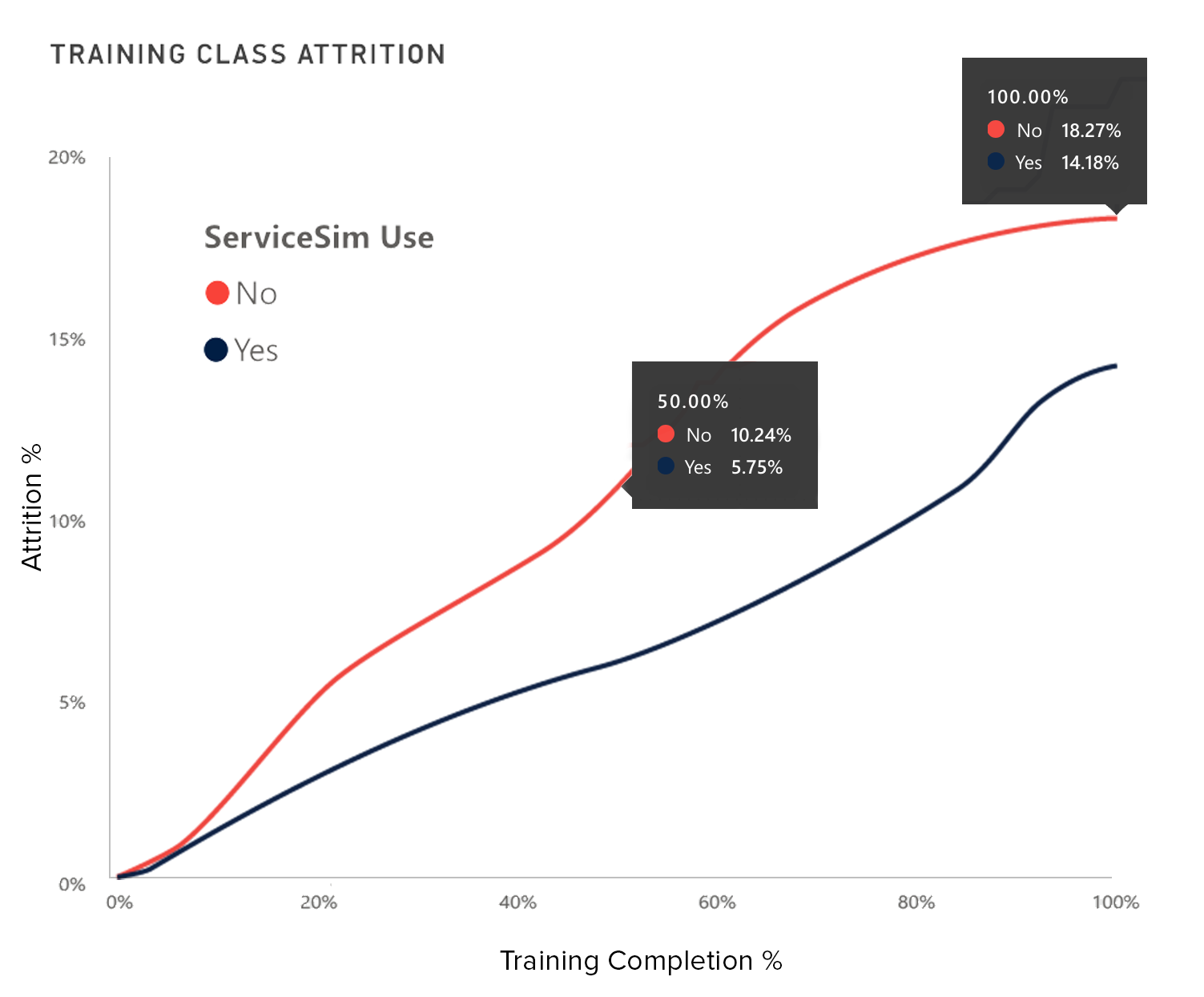In the contact center, one would assume that extensive training leads to confident and well-prepared agents. However, a perplexing paradox has emerged: as agents undergo more training, their anxiety levels often increase. This seems counterintuitive—shouldn’t more training result in better preparedness and confidence? Yet, the reality is quite the opposite.
Understanding the Paradox
To unravel this paradox, we need to delve into the nature of contact center training and the psychological impact it has on new agents. The crux of the issue lies in the disconnect between training scenarios and the real-world environment agents will face once they go live.
Theoretical Knowledge vs. Practical Application: Training programs are often rich in theoretical knowledge, focusing on company policies, product details, and scripted interactions. While this is essential, it does not fully prepare agents for the unpredictability of real customer interactions. The gap between what is taught and what is experienced can create a sense of unpreparedness, leading to anxiety.
Anticipatory Anxiety: As agents approach their first day of live customer interactions, the anticipation of the unknown can trigger anxiety. Despite having undergone extensive training, the fear of making mistakes, dealing with irate customers, or failing to meet performance metrics looms large. This anticipatory anxiety is exacerbated when agents feel their training was inadequate in simulating real-world conditions.
Stress of Transition: The transition from a controlled training environment to a live customer-facing role is often abrupt. The sudden shift can be overwhelming, especially when agents realize that their training did not fully equip them to handle the mental and emotional stress of live interactions. The realization that their training was insufficient in this regard can lead to a spike in anxiety levels.
Download Now: Your Roadmap to Successful AI Implementations in the Contact Center
Addressing the Paradox
As trainers and coaches, it is crucial to bridge the gap between training and real-world application. Here are some strategies to mitigate anxiety and better prepare agents for their roles:
- Incorporate Realistic Simulations: Enhance training programs by incorporating realistic simulations that mimic actual customer interactions. Role-playing, using real-life scenarios, and integrating live call listening sessions can help agents acclimate to the unpredictability of the job.
- Focus on Emotional Resilience**: Training should not only cover technical skills but also emphasize emotional resilience. Teach agents coping mechanisms for stress, techniques for managing difficult customers, and ways to maintain a positive mindset. Building emotional resilience is key to reducing anxiety.
- Gradual Transition to Live Calls**: Implement a phased approach to transitioning agents from training to live calls. Start with shadowing experienced agents, then move to handling calls under supervision, and gradually increase the level of independence. This step-by-step approach can help build confidence and reduce anxiety.
- Continuous Support and Feedback**: Provide ongoing support and constructive feedback even after agents start taking live calls. Regular check-ins, coaching sessions, and access to a support network can help agents feel more secure and less anxious.
- Create a Safe Learning Environment**: Encourage a culture where mistakes are viewed as learning opportunities rather than failures. Agents should feel safe to ask questions, seek help, and learn from their experiences without fear of judgment.
The paradox of increased training leading to higher anxiety in contact center agents highlights the need for a holistic approach to training. By aligning training programs more closely with real-world conditions, focusing on emotional resilience, and providing continuous support, trainers and coaches can help reduce anxiety and prepare agents more effectively for their roles. Ultimately, well-prepared and confident agents are more likely to perform better, stay longer, and be happier in their jobs, benefiting both the agents and the organization.
SUBSCRIBE FOR EMAIL UPDATES

